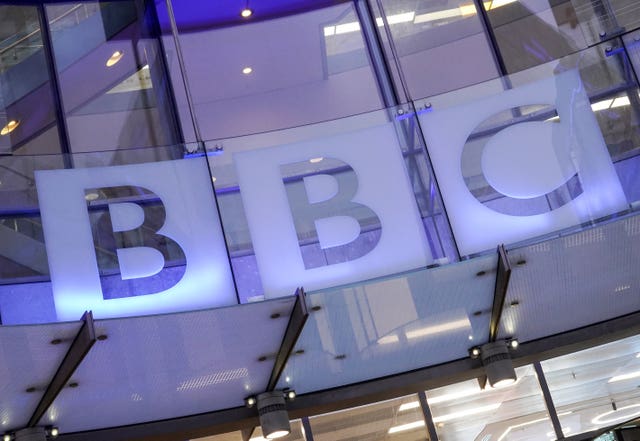
The BBC has announced it is to invest £80 million annually in creative diversity projects and raise representation targets in its TV production teams from 20% to 25%.
It comes after a review by Sir Lenny Henry Centre for Media Diversity made a number of recommendations to the corporation.
The centre’s recommendations included publishing annual intersectional analysis, “urgent large-scale intervention” to create “transformative inclusion” in the industry for people with disability, and the abolition of catch-all terms and vocabulary for ethnicity.

The BBC says its investment will aim to “ensure that the stories told on-air are authentically reflective of audiences across the UK”.
Its £80m investment will be spent on TV and radio projects, and will focus on “aligning diverse on-air storytelling with stronger off-air representation” in senior production roles and leadership within production companies.
The corporation raising its representation targets will see it attempt to increase ethnicity, disability, and socio-economic diversity.
The BBC has also published new Inclusive Production Principles to “foster an inclusive culture on each and every production”, which includes specialist hair and makeup stylists to work with afro textured hair and a variety of skin tones, and insuring its sets are accessible.
Charlotte Moore, BBC chief content officer, said: “We are committed to backing British storytelling and I recognise the important role diverse-led indies play in telling these authentic stories.
“By increasing our investment in diverse content and enhancing our off-screen diversity targets, we aim to create a more inclusive environment that authentically represents and resonates with all audiences.”
The original diversity commitments saw £243m invested over the last three years to drive diversity and inclusion both on and off air.
Research lead Panayiota Tsatsou, professor of media diversity at Birmingham City University (BCU) where the Sir Lenny Henry Centre is based, said: “The report pulls together rich evidence and offers a series of recommendations that inform the BBC’s future work on creative diversity.
“We believe this research creates a solid ground for future initiatives and conversations on media diversity that will make a difference to the industry.”


Comments: Our rules
We want our comments to be a lively and valuable part of our community - a place where readers can debate and engage with the most important local issues. The ability to comment on our stories is a privilege, not a right, however, and that privilege may be withdrawn if it is abused or misused.
Please report any comments that break our rules.
Read the rules here